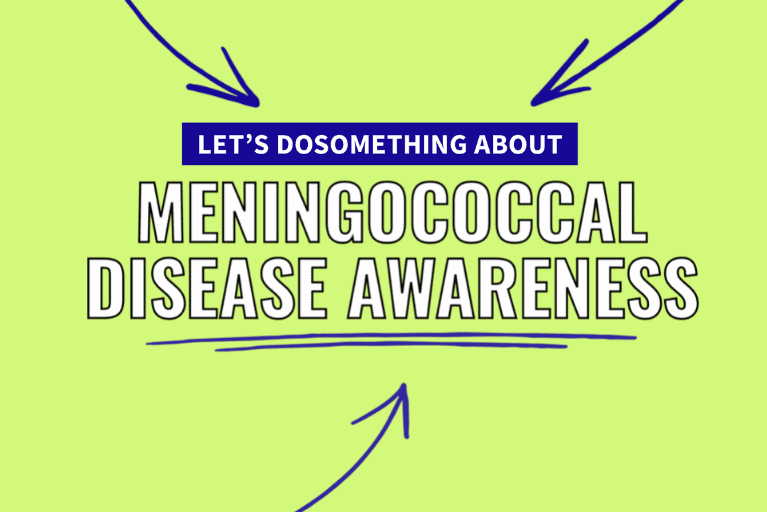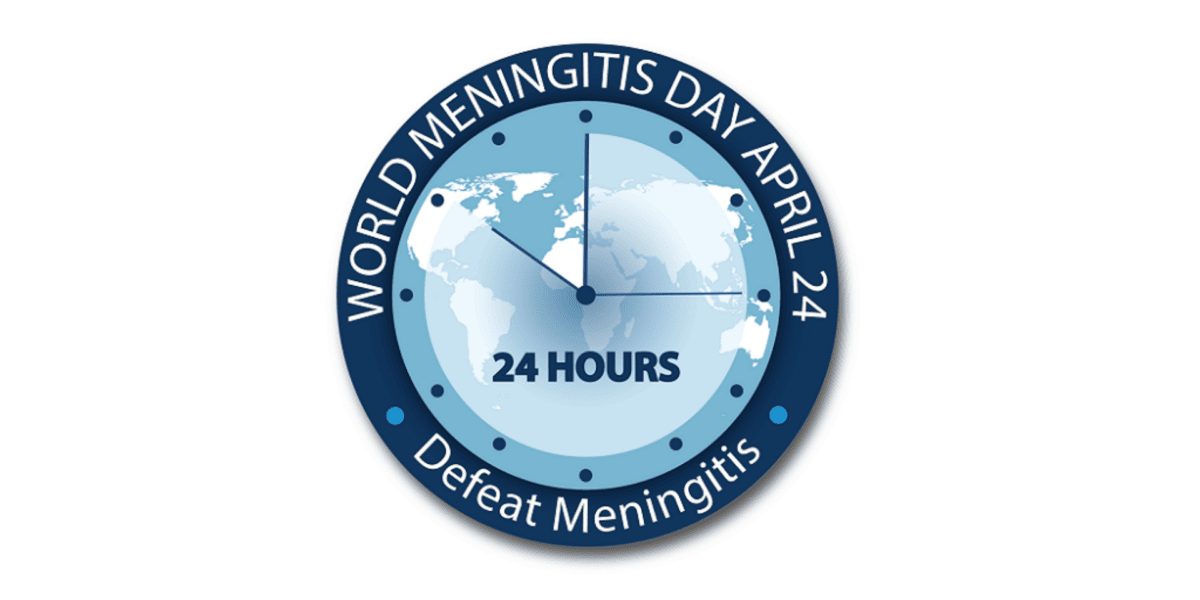
Special thanks to Francesca Testa, MPH, National Meningitis Association advocate, for this guest post about the importance of meningococcal vaccination.
At 17 years old, I felt invincible. My senior year of high school was supposed to be about prom dresses, friendships, and college hunting. Instead, it turned out to be a life-or-death situation.
In April of 2006, I contracted meningococcal disease. Within 24 hours, I went from a healthy, athletic high school senior to having a 20% chance of survival. The bacteria from the disease entered my bloodstream, causing septic shock. I was in a coma and on a respirator for almost two weeks, and my lower extremities almost needed to be amputated. Once I returned home, I learned that recovery from meningococcal disease does not take a week or a month, but years. I had to learn how to walk again, and I live with irreversible damage to my eyesight, hearing, and cognitive function. The MenACWY vaccine, the second (booster) dose of which is part of the 16-year-old platform, could have prevented all of this. Unfortunately, I never received the vaccination as a teenager. The booster recommendation is a recent one. If I had turned 16 after 2011, it would have been a routine vaccine.
Although the medical community overwhelmingly agrees that adolescent vaccination is key to public health, many adolescents are still not up-to-date on all recommended vaccines. The 16-year-old adolescent platform, which was recently adopted by the Centers for Disease Control and Prevention (CDC), provides an opportunity for healthcare professionals (HCPs) to make sure their older teen patients are up-to-date.
Many teenagers feel invincible like I did. They believe risky behaviors won’t affect them, and they take their health for granted. Unfortunately, missing out on vaccinations that are part of the 16-year-old platform is a much riskier behavior than many parents and teens believe. HCPs need to effectively communicate the importance of adolescent vaccinations.
As a survivor of meningococcal disease, I devote a lot of time to increasing awareness of the disease and the importance of prevention. I am an advocate for the National Meningitis Association (NMA), and as a T.E.A.M. (Together Educating About Meningitis) member, I have a platform to share vital prevention messages. My experiences with meningococcal disease and NMA triggered an interest in public health. I recently received my master’s in public health and plan to advocate for all recommended vaccines, especially those for adolescents.
We have a long way to go when it comes to raising awareness of the importance of vaccinations. According to CDC, one third of 16-year-olds in the US have received the recommended MenACWY booster, which puts every one of those young adults at risk of contracting meningococcal disease. Immunization rates are also low for the HPV vaccine, which CDC includes as a “catch up” recommendation on the 16-year-old platform for teens who haven’t yet completed the series; and for the influenza (flu) vaccine, which is recommended for adolescents—and everyone age 6 months and older—every season. According to CDC, flu vaccination rates for teens last year was under 50 percent.
Although convincing teenagers to get “just one more shot” from their HCP may be a challenge, getting the booster MenACWY vaccine may protect them from this devastating disease. HCPs should also discuss the MenB vaccine when reviewing the 16-year-old platform.
HCPs and parents should work together to advocate for adolescent health and ensure that all young people are vaccinated in accordance with CDC recommendations. Teens who feel invincible and put up a fight about a potentially painful shot should be no match for medical providers who can stand firm on the importance of vaccination. After all, many adolescents (and their parents) don’t understand what’s at stake if they opt out of a vaccine. Take it from a survivor of a vaccine-preventable disease: vaccines are unspeakably important and must be made a priority.
Learn more about recommended adolescent vaccines at www.adolescentvaccination.org. To share your own personal story about a vaccine-preventable disease, visit nfid.org/real-stories-real-people/share-your-story.
To join the conversation, follow NFID on Twitter, like us on Facebook, follow us on Instagram, join the NFID Linkedin Group, and subscribe to NFID Updates.
Related Posts

ID News of Interest: Bird Flu, Measles, and Meningococcal Disease
CDC issued health alerts on bird flu, measles, and meningococcal disease. Read the latest news including insights and explanations from infectious disease experts …

Debunking 5 Common Health Myths
Although the COVID-19 pandemic has clearly demonstrated the importance of public health, the prevalence of medical misinformation online is making it harder than ever for young people to tell the difference between fact and fiction when it comes to protecting their own health

5 Things You May Not Know About Meningitis
Each year, World Meningitis Day highlights the importance of prevention, diagnosis, treatment, and improving support for those dealing with the potentially devastating after-effects of this deadly disease
